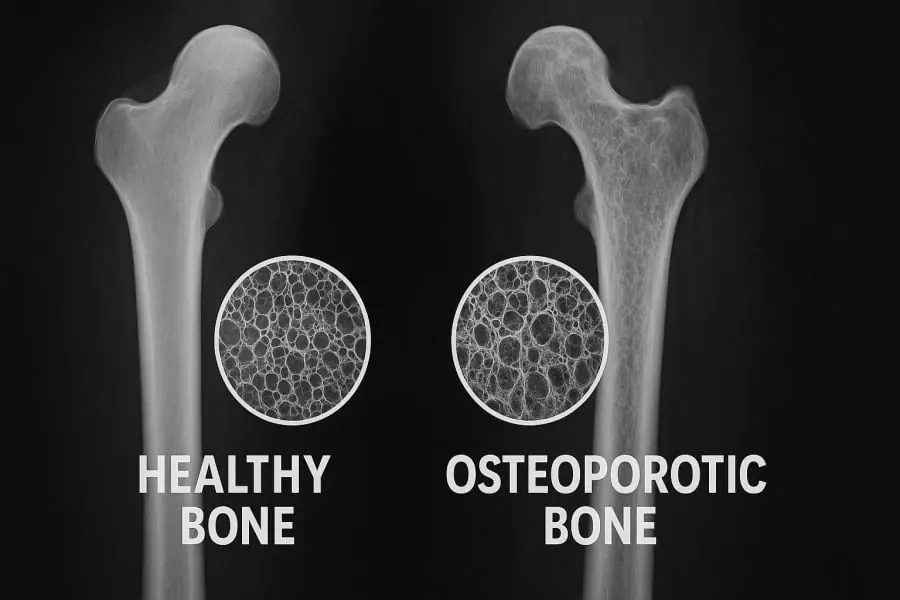
6 Warning Signs You Shouldn’t Ignore – Early Indicators of Cancer
Cancer is often described as a silent killer, largely because many of its early symptoms are subtle and easy to dismiss. People may brush them off as signs of stress, age, or common illnesses. However, paying close attention to changes in your body can make a crucial difference. Detecting cancer early often leads to more effective treatment and better chances of survival. Here are six warning signs that doctors say you should never ignore, as they could be early indicators of cancer.
1. Unexplained Weight Loss
Losing weight without trying—especially more than 5 kilograms (about 10 pounds)—can be a red flag. While it’s tempting to view unexpected weight loss as a positive change, it could signal something more serious. Cancers such as stomach, pancreas, lung, or esophageal cancer often lead to weight loss by affecting metabolism or suppressing appetite. If you’re losing weight rapidly and you haven’t changed your diet or activity level, it’s important to consult a doctor.
2. Persistent Fatigue
Everyone feels tired sometimes, but chronic fatigue that doesn't improve with rest can be a sign of leukemia, colon cancer, or other types of cancer. This type of fatigue is not the same as being tired after a long day; it’s a deep exhaustion that interferes with your ability to function. If you find yourself constantly worn out, despite getting enough sleep, don’t ignore it.
3. Changes in the Skin
Your skin can be a window into your internal health. Changes like new moles, changes in existing moles, darkening, yellowing, or redness of the skin may indicate skin cancer or other internal conditions. Similarly, itching, bleeding, or sores that don’t heal can be early cancer signs. It’s best to have a dermatologist evaluate any suspicious or persistent skin changes.
4. Unusual Bleeding
Bleeding that is not related to a known injury can be alarming. This includes coughing up blood, blood in the stool or urine, or abnormal vaginal bleeding. Such symptoms can point to lung, colon, bladder, or cervical cancer. Even if the bleeding seems small, it’s essential to get checked out, as early diagnosis can be lifesaving.
5. Persistent Pain
Pain is the body’s way of signaling that something is wrong. While pain can come from many benign conditions, persistent or unexplained pain—especially in the back, abdomen, or bones—can sometimes signal cancer. For example, back pain could be related to ovarian or pancreatic cancer, while headaches that don’t go away could point to a brain tumor. Don’t ignore pain that lingers without a clear reason.
6. Lumps or Swelling
Finding a new lump or swelling—especially in the breast, neck, underarms, or testicles—should never be ignored. Many cancers form tumors that can be felt through the skin. Even if the lump isn’t painful, it can still be serious. Breast cancer, lymphoma, and testicular cancer often begin with a noticeable lump. Getting a medical evaluation early can lead to faster diagnosis and treatment.
In conclusion, while these symptoms don’t always mean cancer, they are serious enough to warrant medical attention. The danger lies in assuming these signs are “normal” or waiting too long to act. Regular health check-ups, listening to your body, and not hesitating to seek professional advice are your best tools in the fight against cancer. Early detection saves lives—don’t ignore the signs your body may be trying to send you.
News in the same category


Doctors Reveal the Reasons Why More and More Young People Are Getting Cancer

10 Natural Remedies for Bronchitis to Ease Painful Cough Attacks

Nature’s Top Lymphatic Cleansers: Detox & Strengthen Immunity Naturally
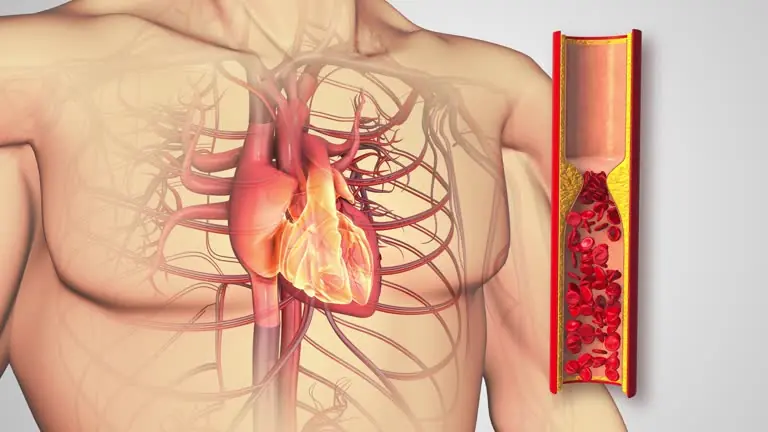
10 Warning Signs Your Body Might Be Giving You About Clogged Arteries

Cleanse Your Liver Naturally with This Powerful Juice: Beetroot, Apple, Carrot, Orange & Ginger

The Surprising Benefits of Combining Eggs and Coffee: A Nutritious and Energizing Pair

Ginger Lemon Juice: A Potent Elixir for Health and Wellness

Leg Pain, Rheumatism, Varicose Veins, Arthritis – Natural Remedy with Cloves & Garlic! 🧄🌿

6 Dementia Symptoms You Might Overlook at First

10 Snoring Solutions Your Partner Will Be Thankful For

6 Subtle Facial Clues That Can Reveal Serious Health Conditions
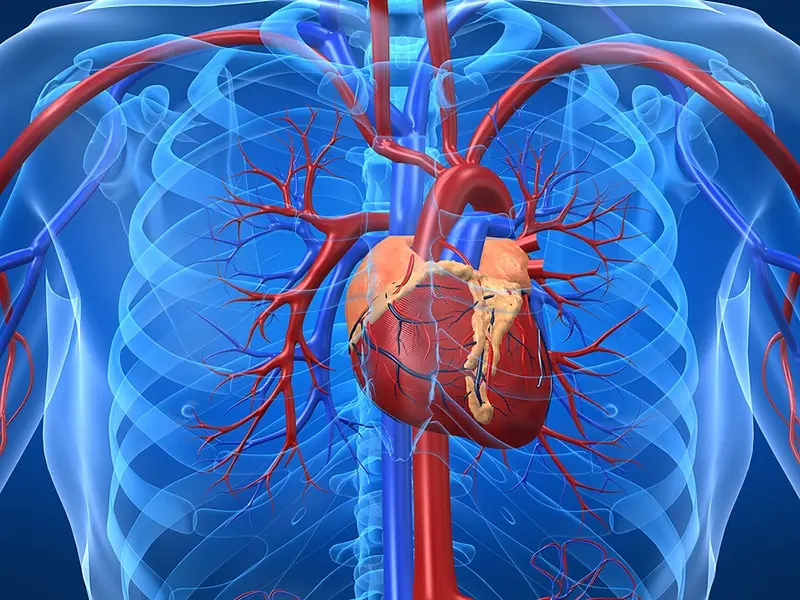
Preventing Stroke and Cerebral Infarction: Remember These 3 Health Indicators, 1 Critical Condition, and 6 Things You Should Never Ignore

4 Changes in Your Fingers That Could Be Signs of Lung Can.cer – See a Doctor Immediately!

Cancer Doesn’t Hurt at First, But If You Notice These 8 Signs During Bathroom Visits, See a Doctor Immediately: Don’t Ignore Them

The world’s oldest woman, who lived to 117, ate the same meal every day throughout her life

Gynecologist Refuses to Treat Trans Woman, Sparking Backlash Over Refused Care
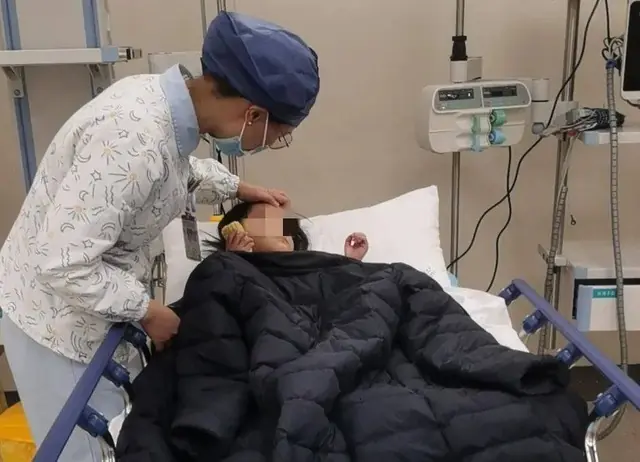
A 4-Year-Old Girl Nearly Lost Her Life to Diabetes — Parents in Tears: “I Spoiled Her Too Much!”
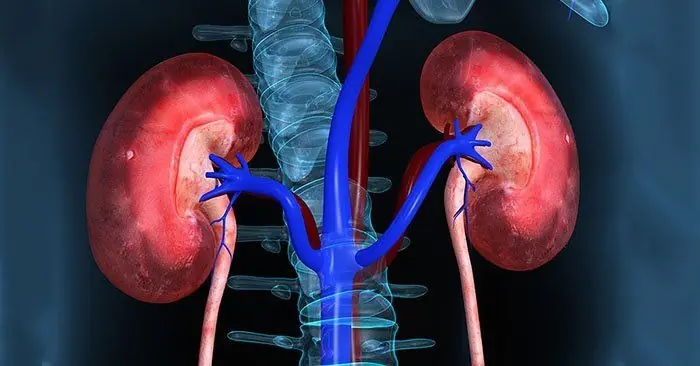
8 Signs of Kidney Failure That, If Ignored, Could Lead to a Lifetime of Dialysis
News Post

'Love What He Stands For': People Have Chosen Their Favorite Candidate for the Next Pope

Pope Leo's Brother Recalls an 'Interesting' Moment from Their Childhood That Predicted His Papacy – Details

I CAME HOME FROM DEPLOYMENT TO SURPRISE MY WIFE—BUT SHE HAD A BIGGER SURPRISE WAITING FOR ME

A STRANGER TOOK MY BABY IN HER ARMS—AND I ALMOST CRIED FROM RELIEF

The Hidden Culprits Behind Osteoporosis: 3 Common Drinks You Should Watch Out For
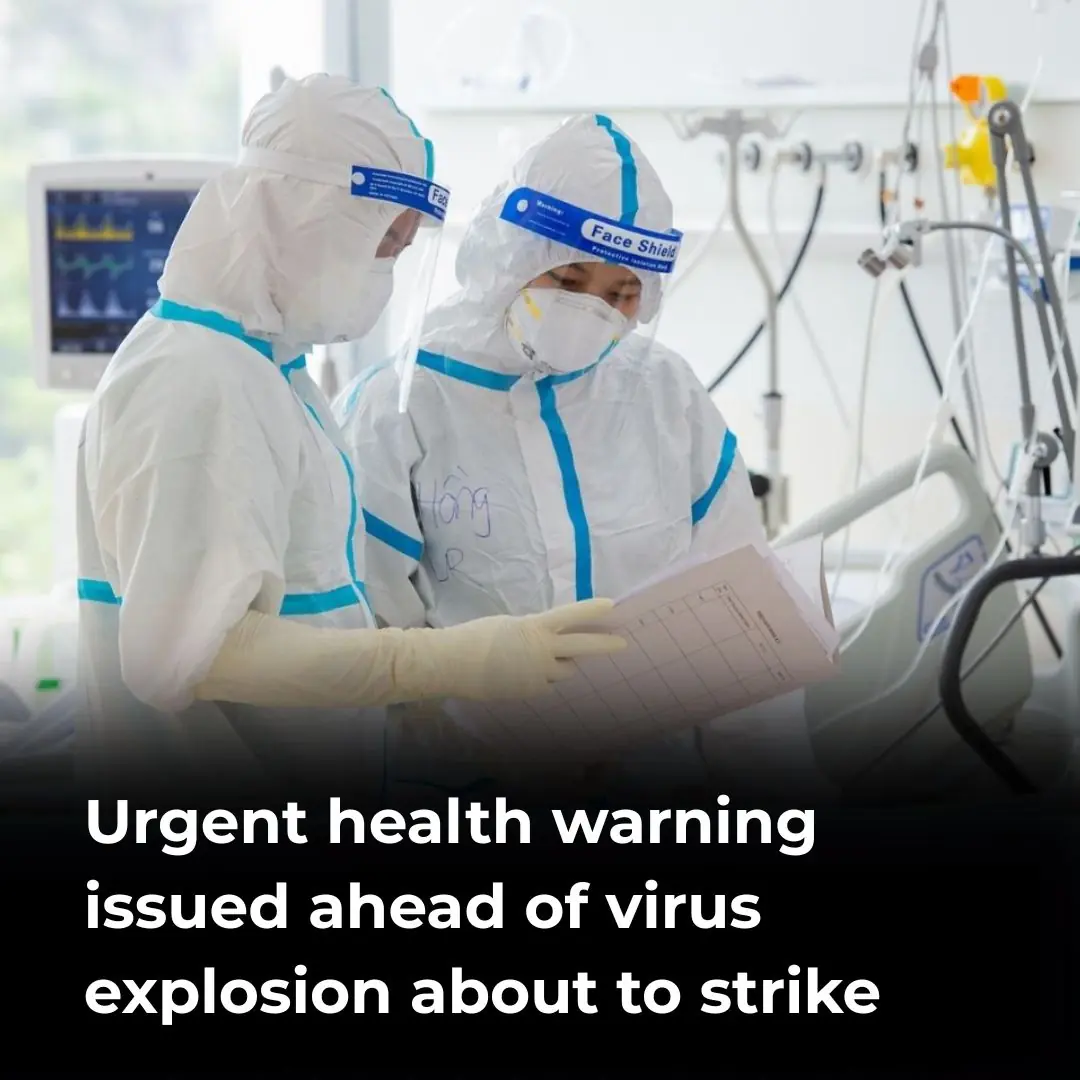
Urgent health warning ahead of virus explosion about to strike Australia

MY K9 PARTNER SAVED MY LIFE LAST YEAR—BUT THIS MORNING HE REFUSED TO GET IN THE CAR

Doctors Reveal the Reasons Why More and More Young People Are Getting Cancer

I PLAYED A RANDOM SONG ON A STORE PIANO—AND SOMEONE IN THE BACK STARTED CRYING

The family took in an old aunt from the village; they didn’t even consider what it would lead to
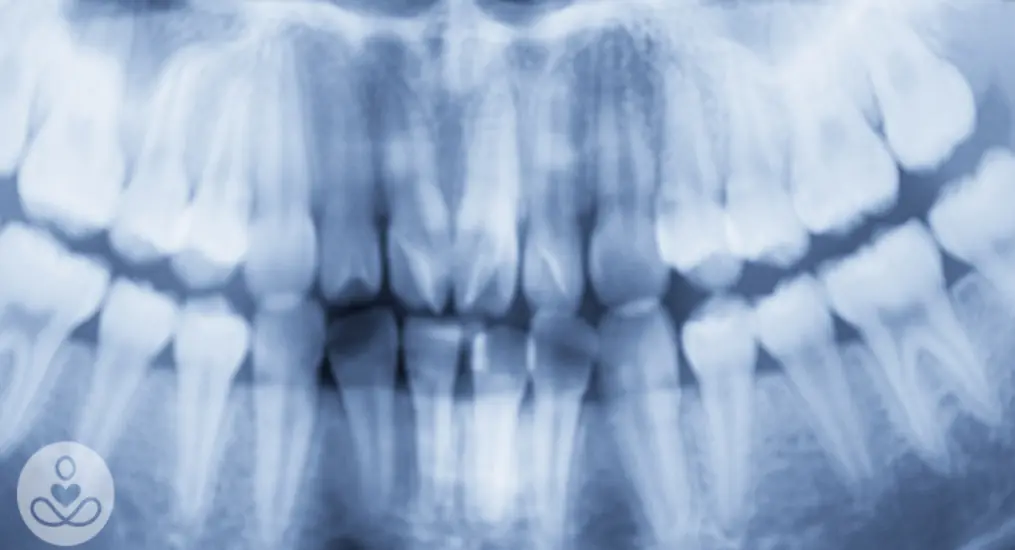
The Cause of Alzheimer’s Could Be Coming From Inside Your Mouth, Study Claims

Heartbroken Parents Of 10-Year-Old Who Died By Suicide Share Warning Signs They Noticed

What 16 Miss Universe Winners Look Like Without Makeup — The Difference Stuns

At 79, This Iconic Actress Is Still Turning Heads — After Life as a Single Mom & Embracing Aging

10 Natural Remedies for Bronchitis to Ease Painful Cough Attacks

Nature’s Top Lymphatic Cleansers: Detox & Strengthen Immunity Naturally

10 Warning Signs Your Body Might Be Giving You About Clogged Arteries

My Neighbor Sent Her Kid to Mow My Lawn Without Asking & Then Demanded I Pay $50 – I Gave Her a Reality Check
